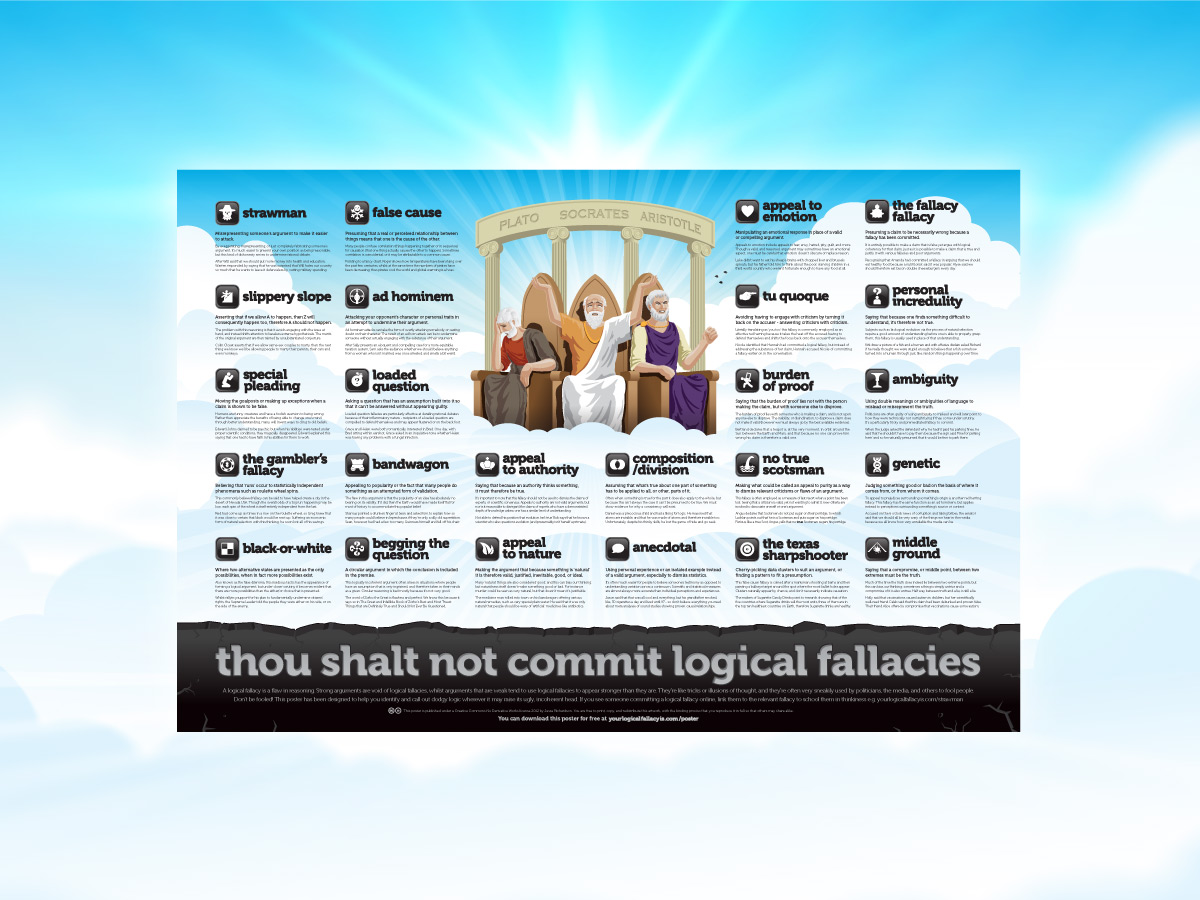GMforPowergamers
Legend
if his name is larry I know him tooI have a friend who makes this claim about Thac0, and to this day, calls 3e "that horrible WotC edition". I don't even think he's cognizant that 4e or 5e are things. Worse, half the rules he uses are completely made up, so for the life of me, I don't even understand what his gripe is, since our discussions never progress past Thac0.
Which to this day I sometimes have issues calculating when I go over to play D&D with him. I did once try to get his opinion on the Player's Option line, but he just says "I never owned those books".




